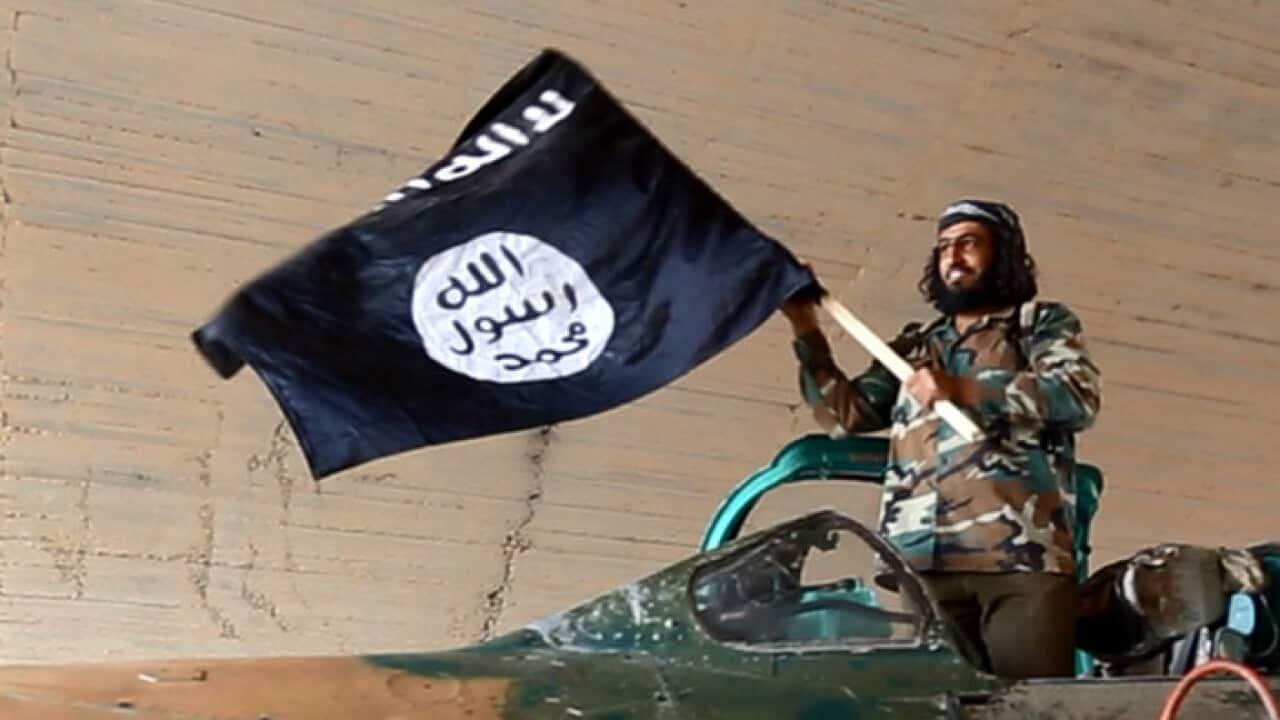KEY POINTS:
- The IS flag has been added to the government's ban on Nazi symbols.
- Attorney-General Mark Dreyfus says the government condemns Islamophobia.
- The bill will prohibit public displays of extremist symbols or trade in items bearing these symbols.
The government's efforts to ban Nazi symbols in public have quietly extended to include the self-proclaimed Islamic State (IS) group's flag.
Last week, the government announced it would move to ban displaying Nazi symbols in public or profiteering from their sale, with punishments
While introducing the Counter-Terrorism Legislation Amendment (Prohibited Hate Symbols and Other Measures) Bill to parliament on Wednesday, Attorney-General Mark Dreyfus revealed the IS flag will also be subject to the same conditions.
Mr Dreyfus said the flag symbolised the "abhorrent" crimes of one of the "world's deadliest and most active terrorist organisations".

The proposal will prohibit public displays of extremist symbols or trade in items bearing these symbols. Source: AAP / Lukas Coch
"The government condemns Islamophobia and stands with the Australian Muslim community in opposition to terrorism in all its forms.
"Islamic State continues to incite and carry out violent acts against Muslims, and non-Muslim religious minorities, within the region and globally."
Mr Dreyfus' public statement made no mention of the flag last week.
The bill will also ban any symbol "so nearly resembles the IS flag ... that it is likely to be confused with, or mistaken for one".
Germany is among a handful of European countries that banned the IS flag in the mid-2010s, at the height of the group's power.
Mr Dreyfus said extremist symbols were potent recruitment tools because they were easy to understand and transcended "language and cultural divides".
But given the swastika - which closely resembles the Nazi Hakenkreuz - is a significant symbol for many Hindus, Jains and Buddhists, the bill includes exemptions on religious grounds.
Mr Dreyfus said other "legitimate" uses of the symbols - including for journalistic, educational, and artistic purposes - will also be permitted.
"It will be the responsibility of the prosecution, not the defence, to prove that the alleged conduct fell outside those exemptions."









